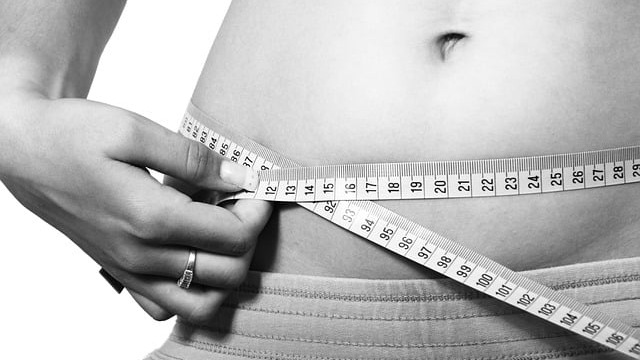
The Real Keys to Weight Loss: What Dr. Jason Fung Wants You to Know
If you've spent hours at the gym wondering why those pounds aren't dropping, you're not alone. According to a presentation by Dr. Jason Fung, author of "The Obesity Code," we might be approaching weight loss all wrong. Let's break down his practical wisdom on shedding those stubborn pounds without killing yourself at the gym.
The Exercise Myth We All Bought Into
Remember those days when we believed that sweating it out for hours was the ticket to weight loss? Dr. Fung has some eye-opening insights:
"Exercise is really good for you in a number of ways—flexibility, strength, core, all kinds of things. So very, very important, but in terms of weight loss, it's actually a very, very small effect."
Why? That calorie counter on the treadmill tells the truth—30 minutes of exercise might burn only 120 calories, roughly the equivalent of a couple of cookies. When your body naturally uses about 2,000 calories daily just to function, that extra 100 calories burned doesn't make a huge impact.
Even more surprising, exercise can actually make you hungrier afterward. While you might experience "exercise-induced anorexia" during your workout (no cravings mid-basketball game), afterward hunger tends to rebound, potentially leading to eating more than you burned.
Your Body's Natural Weight Control System
Here's where it gets interesting. Our bodies aren't designed to be overweight—they have sophisticated systems to regulate food intake:
"We actually have a number of different hormones that tell us to stop eating," Dr. Fung explains. "If you eat food, there are stomach stretch receptors. As your stomach stretches out, it sends a signal to your brain and says 'stop eating.'"
Protein activates peptide YY, and dietary fat triggers cholecystokinin—both hormones tell you to stop eating. That's why, as Dr. Fung points out, "there are no obese antelope, there are no obese lions" in the wild.
Is That Hunger Actually Thirst?
Get this—up to 60% of the time when you feel "hungry," you're actually just thirsty. The brain can confuse these signals, leading you to reach for food when water is what your body needs.
Water creates a sense of fullness with zero calories. Research published in the journal Obesity found that drinking 500 mL of water before meals led people to consume an average of 13% fewer calories.
Quick Tip: When hunger strikes between meals, drink a glass of water and wait 10 minutes. If you're still hungry, then your body genuinely needs food. Also, drinking water 10 minutes before meals can naturally help reduce portion sizes.
Hunger-Fighting Power Foods
Legumes: Your Weight Loss Allies
Dr. Fung strongly recommends legumes for weight management. Their unique combination of plant protein, fiber, and slow-digesting carbs helps prevent blood sugar spikes and keeps you feeling full longer. This creates what he calls a "natural fasting effect," where your body turns to fat stores for energy between meals. Lentils get his highest praise for being quick-cooking and versatile.
Protein: The Calorie-Burning Nutrient
Protein requires more energy to digest than fats or carbs, meaning your body burns additional calories just processing it. Chicken, turkey, cottage cheese, and eggs not only help with weight loss but also curb appetite as effectively as fiber, helping you maintain energy levels despite eating less.
The Sugar Trap
To lose weight effectively, Dr. Fung warns that eliminating sugar is crucial. As a fast-digesting carbohydrate, sugar gets processed quickly, leading to energy crashes and blood sugar spikes that trigger hunger again—creating a vicious cycle.
Sugar Alternatives: Opt for low-glycemic fruits like apples or pears to keep blood sugar stable. Enjoy them in the morning or as pre-meal snacks to reduce overall appetite. Nuts and seeds also provide long-lasting satiety (though limit portions to about 20g daily to manage calories).
The Bottom Line
The key to sustainable weight loss isn't punishing yourself with exhausting workouts or restrictive diets. It's working with your body's natural systems by:
Drinking water before feeling hungry
Prioritizing legumes, protein, and fiber-rich foods
Eliminating sugar and fast-digesting carbs
With these practices, your body can naturally start burning excess fat—no gym punishment required.
 Add Row
Add Row  Add
Add 




Write A Comment